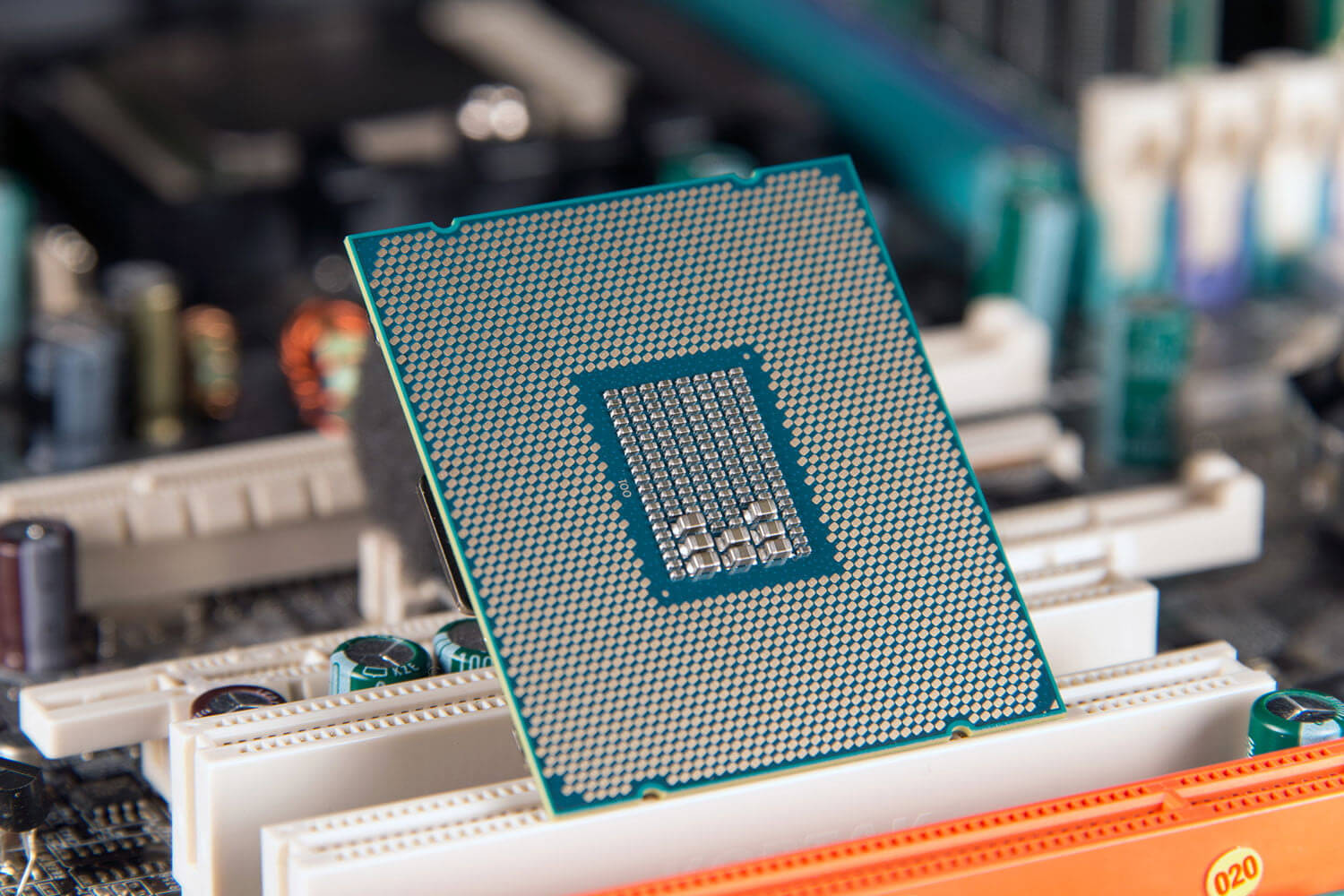Highly anticipated: While most people are waiting impatiently for the arrival of Intel’s 9th generation Coffee Lake-S Refresh processors—rumored to launch in October—some users have already got their hands on engineering samples and are showing what the chips are capable of.

Back in July, we saw Core i9-9900K benchmarks that put the CPU ahead of the Ryzen 7 2700X and i7-8700K. Now, an i7-9700K purportedly overclocked to a massive 5.5GHz across all eight of its cores has been spotted.
The i7-9700K is said to feature 8 cores and 8 threads—hyperthreading will be an exclusive feature for the top-end Core i9 series. Built on the 14nm++ process, it has a clock speed of 3.6GHz and can boost to 4.6GHz on all cores, or 4.9GHz using a single core. It also boasts 12MB of L3 cache and a TDP of 95W.
Chinese-language site ZOL has posted screenshots of the chip being used. It shows the i7-9700K running on an ASRock Z370 Professional Gaming mobo with 16GB of G.Skill DDR4-2133 RAM.
Another image shows the CPU’s Cinebench R15 benchmarks. The i7-9700K has been overclocked to 5.5537GHz across all eight cores, and that’s apparently using water cooling rather than liquid nitrogen. It attained a single-core score of 250 and a multi-core result of 1,827, though the overclock had the voltage set at 1.536V, which is high.
The scores put it above the Core i7-8700K (stock), which managed 193 and 1408. It’s also slightly better the Ryzen 2700X—AMD’s chip attained scores of 250 and 1827, though that was also at stock speeds.
As with all leaks of this kind, it’s best taken with a pinch of salt, particularly as the date in the BIOS image is months out from the one in the Windows taskbar. Expect to discover the 9000-series' exact performance capabilities when the chips are released in a few weeks' time.
https://www.techspot.com/news/76164-core-i7-9700k-leak-shows-hitting-55ghz-all.html

